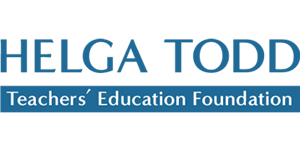
We currently work as a team of volunteer education professionals pooling our experience and skills:
- to support innovation in teacher education in India and beyond
- to provide customised support for our partners’ specific training needs
- to identify and create opportunities for professional knowledge exchange
We cover all phases of education in our work: from early years through to secondary and teacher training
We welcome *volunteers to join and work alongside us within the UK and/or our partner countries.
[*see Get Involved]
SIGN UP TO OUR LATEST ACTIVITIES
INTERESTED IN VOLUNTEERING?
A golden opportunity
This was a golden opportunity as not only is it going to help me be a better teacher and an effective mentor but also benefited me in my personal growth and career.
Course Participant



